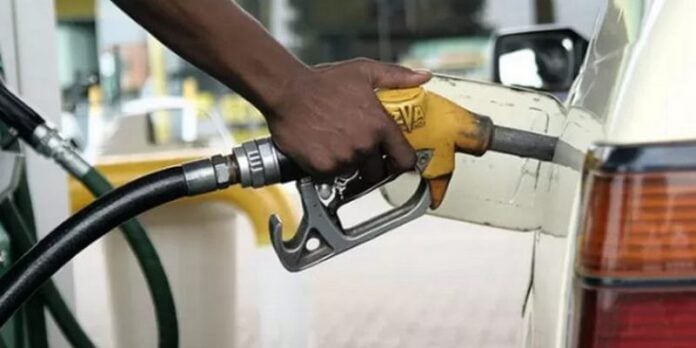The Ghana Revenue Authority (GRA) has confirmed that it will begin enforcing the controversial GHC1 fuel levy on July 16, 2025.
This follows weeks of postponement and public debate over the potential impact of the tax on fuel prices and the broader economy.
In a press statement dated July 1, the GRA explained that the decision to go ahead with the implementation of the Energy Sector Levies (Amendment) Act, 2025 (Act 1141), comes after a thorough review of current market trends and in consultation with key government stakeholders.
“Reference is made to our previous communication dated 13th June 2025, which announced the postponement of the implementation of the Energy Sector Levies (Amendment) Act, 2025 (Act 1141). This decision was taken in consultation with the Ministry of Finance and the Ministry of Energy to allow for a comprehensive monitoring of global market conditions and to safeguard recent gains in domestic pump prices.
“We are pleased to inform you that, following a thorough review of prevailing market indicators and in line with the government’s commitment to ensuring stable economic conditions, the implementation of the Energy Sector Levies (Amendment) Act, 2025 (Act 1141), will now commence, effective 16th July 2025,” the GRA explained.
The fuel levy was first announced earlier this year but was met with strong resistance from civil society groups, consumer advocates, and the Minority in Parliament. Critics argued that the levy would burden already struggling fuel consumers and worsen the cost-of-living crisis.
Government defended the measure, saying it is a necessary intervention to raise funds to clear debts owed to Independent Power Producers (IPPs). Officials warned that failure to meet these obligations could trigger another round of power outages, reviving the dreaded ‘dumsor’ era.
Despite these explanations, opposition lawmakers accused the government of hypocrisy, claiming that the administration merely replaced the unpopular electronic levy (E-levy) with what they dubbed the “D-levy” or “Dumsor levy.”
The earlier suspension of the levy’s rollout was widely seen as a strategic move to ease public anger and buy time for further stakeholder engagement. But with the GRA’s latest announcement, the policy is now set to take effect, requiring consumers to absorb the extra charge at the pump.
Although government insists the levy will not automatically increase fuel prices, many industry watchers say the real impact will depend on global oil prices, the strength of the cedi, and the willingness of oil marketing companies to absorb any added cost.
For now, Ghanaians are bracing for the mid-July rollout of the levy, even as pressure mounts on government to provide transparency on how the funds will be used to prevent another energy crisis.


